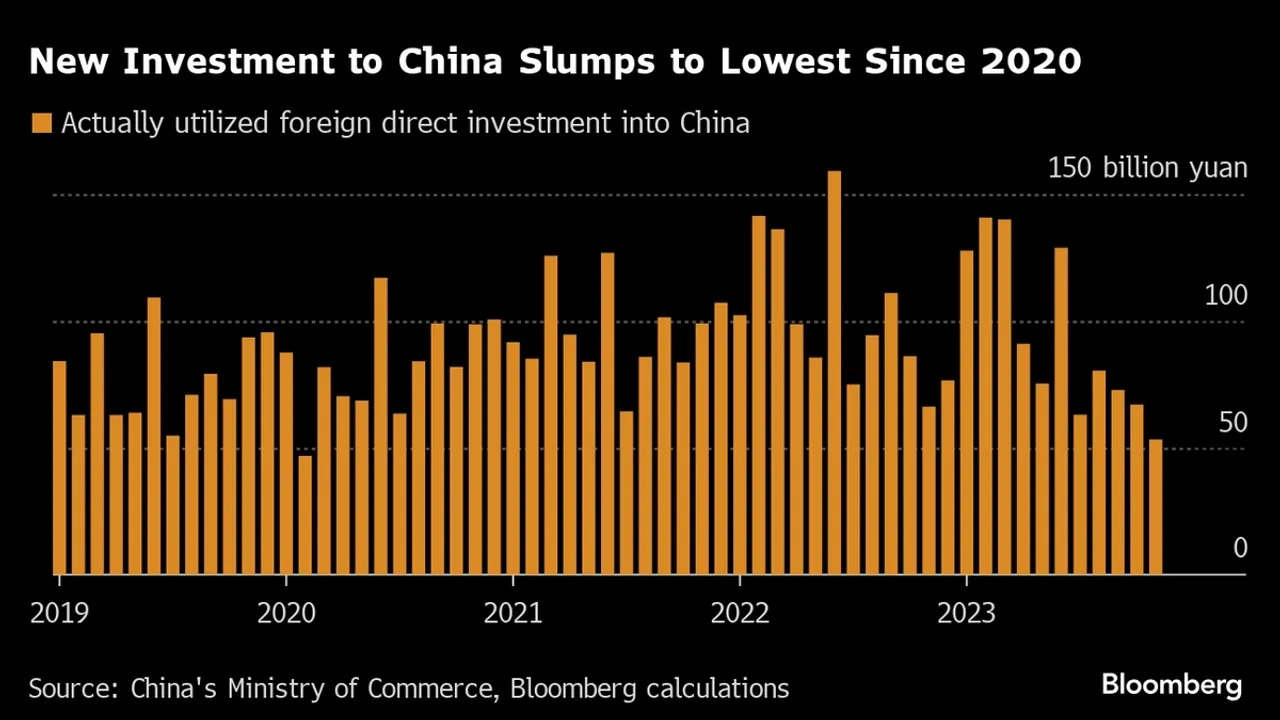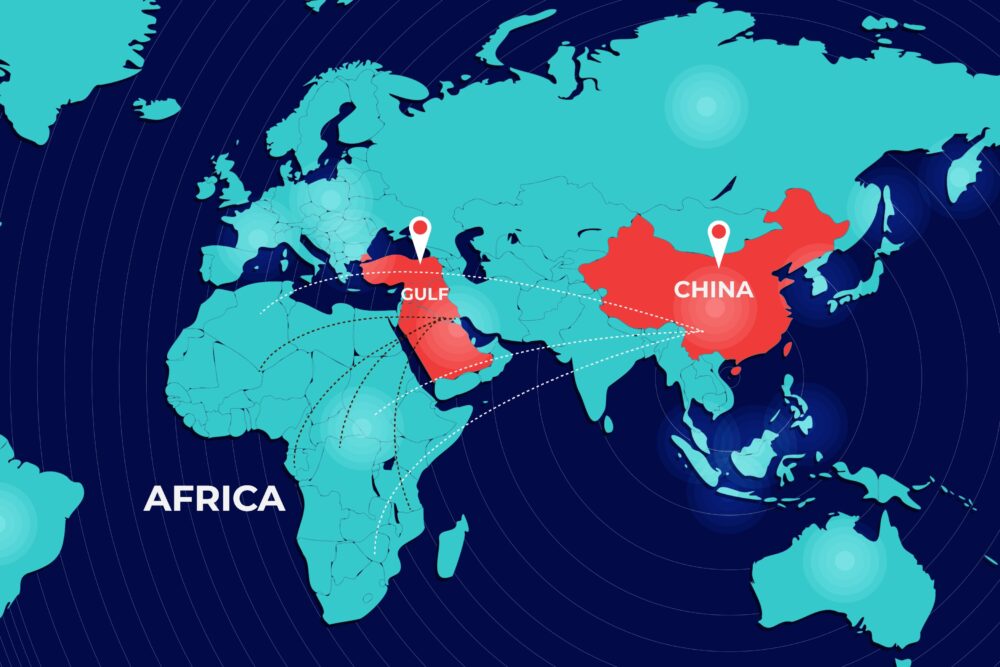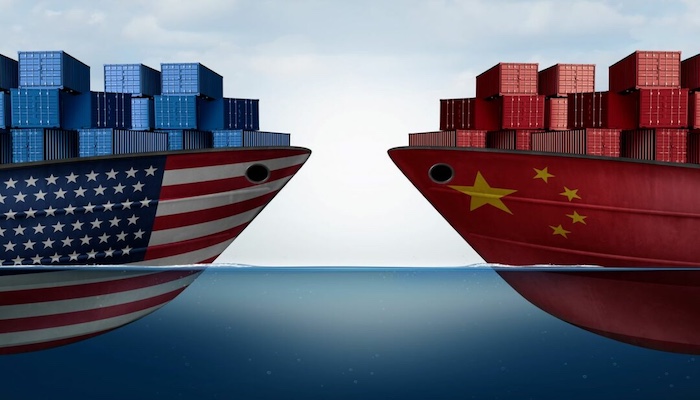As China endeavors to invigorate its economy, the slowdown in foreign investment during February has emerged as a significant hurdle, undermining recent initiatives aimed at attracting more overseas capital to the world’s second-largest economy. This development occurs against a backdrop of concerted efforts by Chinese policymakers to stabilize traditional growth sectors while fostering new ones, amidst an overarching quest for a sustainable economic model.
Addressing Economic Slowdown
The recent decline in foreign investment into China is a distressing signal for an economy seeking rejuvenation through external capital. This downturn is not just a statistical blip but a reflection of deeper challenges including weak consumer spending, diminishing private sector investment, and regulatory uncertainties. Despite these obstacles, the Chinese government has not been passive. It has actively sought to stabilize old economic drivers, such as real estate and infrastructure, while also pushing for growth in technology and digital sectors. However, the persistent crisis in the real estate sector and the difficulties in ramping up infrastructure spending underscore the complexities of China’s economic transformation.
Efforts to Woo Investors
In a bid to reverse the declining trend in foreign investments, China has initiated several measures aimed at making the market more appealing to overseas investors. These include expanding market access and easing entry restrictions, particularly in high-tech and innovative sectors. Furthermore, Chinese President Xi Jinping’s direct engagement with U.S. business leaders signifies a strategic move to reassure and attract American firms, highlighting the importance China places on stable international ties and foreign capital in its economic equation. Despite these efforts, the sustained decrease in foreign direct investment underscores the necessity for China to address the underlying concerns deterring investors.
Optimism Amid Challenges
Despite the February slump in foreign investment, Chinese officials remain optimistic about the country’s long-term growth prospects and its appeal to international investors. The government continues to implement policies designed to optimize the investment environment, urging global multinationals to deepen their presence, especially in China’s central and western regions. This optimism is partly based on China’s ongoing commitment to opening up its economy and its potential as a vast market for foreign enterprises.
The recent downturn in foreign investment into China underscores the challenges facing the country’s economic policymakers as they strive to balance stability with growth. While immediate concerns persist, the long-term view remains cautiously optimistic, with ongoing efforts to enhance China’s attractiveness to foreign investors. The evolution of China’s economic landscape will undoubtedly be closely watched by global stakeholders, as it navigates through these complex economic dynamics.









